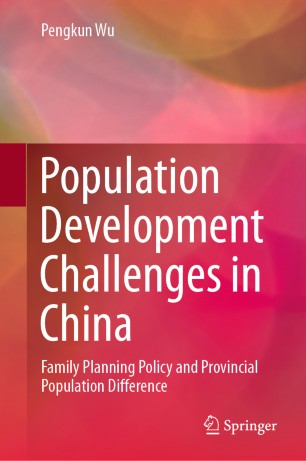

Most ebook files are in PDF format, so you can easily read them using various software such as Foxit Reader or directly on the Google Chrome browser.
Some ebook files are released by publishers in other formats such as .awz, .mobi, .epub, .fb2, etc. You may need to install specific software to read these formats on mobile/PC, such as Calibre.
Please read the tutorial at this link: https://ebookbell.com/faq
We offer FREE conversion to the popular formats you request; however, this may take some time. Therefore, right after payment, please email us, and we will try to provide the service as quickly as possible.
For some exceptional file formats or broken links (if any), please refrain from opening any disputes. Instead, email us first, and we will try to assist within a maximum of 6 hours.
EbookBell Team

0.0
0 reviewsThis book explores the population development challenges in China. It started by analyzing two of the major challenges: designing a suitable family planning policy and dealing with the serious provincial population difference. It then proposes effective measures to address these challenges by adopting various quantitative methods, such as system dynamics, nonlinear programming and spatial econometrics in evaluating the effects of different policy scenarios, which made the results more scientific and reliable, thus the final policy suggestions effective and evidence based. The book includes a number of mathematical models and is suitable for graduate students and researchers in population modeling and relevant research areas.